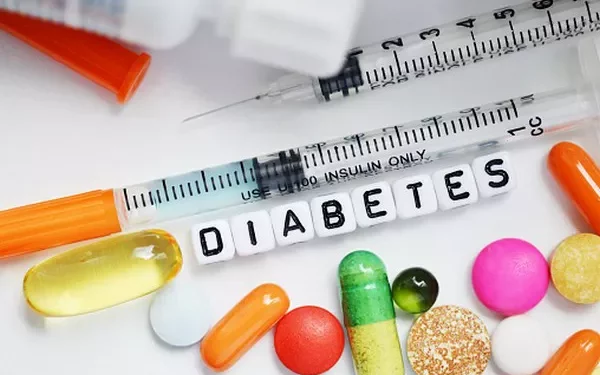Chinese researchers have made significant strides in diabetes management, revealing that a regimen of short-term intensive insulin therapy followed by oral anti-hyperglycemic medications can lead to sustained improvements in blood sugar levels for patients recently diagnosed with type 2 diabetes.
The findings were detailed in a study led by Professor Li Yanbing at the First Affiliated Hospital of Sun Yat-sen University, with the report published in the British Medical Journal on Tuesday.
According to the International Diabetes Federation, approximately 537 million individuals globally are living with diabetes. Elevated blood sugar levels, or hyperglycemia, remain a critical risk factor for chronic diabetes-related complications, significantly increasing mortality rates. Research shows that achieving early and intensive control over blood glucose can dramatically decrease the likelihood of these severe outcomes.
Despite the availability of various treatment options, more than half of individuals with diabetes continue to struggle with blood sugar management, highlighting the limitations of conventional treatment strategies in halting the disease’s progression. Newly diagnosed patients often experience considerable hyperglycemia.
In light of the insufficient effectiveness of monotherapy, guidelines from both the American Diabetes Association and the European Association for the Study of Diabetes advocate for the use of combination therapies. However, a standardized treatment protocol for these patients is still not clearly defined.
Recent studies suggest that the progression of type 2 diabetes, particularly in its early stages, may be reversible. The research conducted by Professor Li’s team involved 412 patients newly diagnosed with type 2 diabetes across 15 hospitals in China from 2017 to 2020.
Employing a method termed the intense simplified strategy, the researchers initiated treatment with short-term intensive insulin therapy, followed by oral medications. This included a specific combination of linagliptin and metformin. According to Li, this approach led to lasting improvements in both blood sugar regulation and beta cell function among patients facing severe hyperglycemia. She noted that this strategy could enhance patient adherence to treatment plans, lower healthcare costs, and mitigate complications.
Li expressed optimism regarding the potential of this approach to inform clinical decision-making for managing type 2 diabetes. She emphasized the need for more practical and accessible intensive treatment strategies that could be utilized in outpatient settings, alongside the exploration of more user-friendly medications in the simplified treatment phase.
Related topics:
Overweight Middle Eastern Women at Higher Risk of Heart Disease and Diabetes
COVID-19 Infection Raises Risk of Type 2 Diabetes in Young People
COVID-19 Linked to Increased Risk of Type 2 Diabetes in Children



























